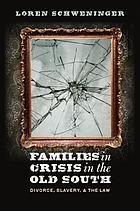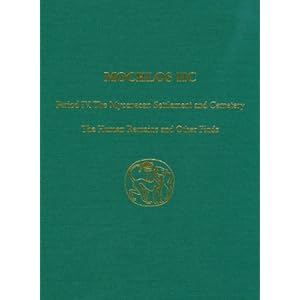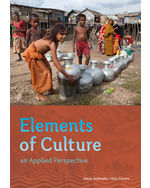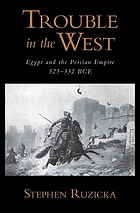Professor Stephen Ruzicka (History) has published
Trouble in the West: Egypt and the Persian Empire, 525-332 BC. According to the
publisher, "this book provides the first full and continuous account of the Persian-Egyptian War, a conflict that continued for nearly the two-hundred-year duration of the Persian Empire. Despite its status as the largest of all ancient Persian military enterprises--including any aimed at Greece--this conflict has never been reconstructed in any detailed and comprehensive way. Thus,
Trouble in the West adds tremendously to our understanding of Persian imperial affairs. At the same time, it dramatically revises our understanding of eastern Mediterranean and Aegean affairs by linking Persian dealings with Greeks and other peoples in the west to Persia's fundamental, ongoing Egyptian concerns. In this study, Stephen Ruzicka argues that Persia's Egyptian problem and, conversely, Egypt's Persian problem, were much more important in the eastern Mediterranean and Aegean worlds than our conventional Greek-centered perspective and sources have allowed us to see. In looking at this conflict as one stage in an enduring east-west conflict between successive Near Eastern imperial powers and Egypt--one which stretched across nearly the whole of ancient history--it represents an important turning point: by pulling in remote western states and peoples, who subsequently became masters of Egypt, western opposition to Near Eastern power was sustained right up to the 7th century Arab conquests. For classicists and historians of the ancient Near East,
Trouble in the West will serve as a valuable, and long-overdue, resource."






